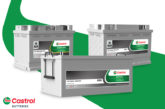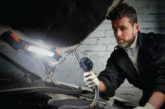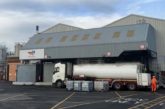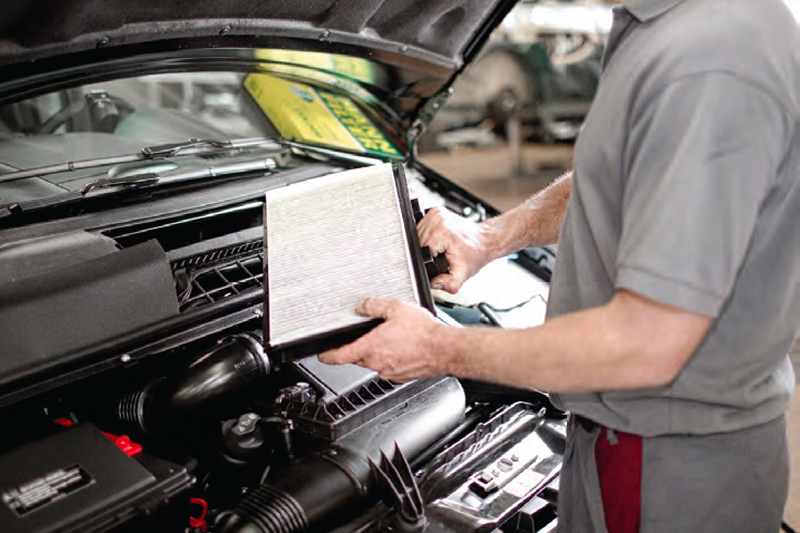
Air filter specialist Mann-Filter discusses the importance of quality air filters on a vehicle.
Air filters are an integral part of a service on any vehicle and yet they often suffer from a lack of focus or a perceived ‘poor relation’ image compared to oil and fuel filters. Any inclination that does downplay the air filter in its importance to the vehicle is grossly wrong and will hopefully be dispelled with the information in this article.
All filters work hard, but air filters work extremely hard. Responsible for filtering various contaminant in all conditions, the air filter is dealing with abrasive dirt, dust, soot particles, tyre fragments, pollen and agricultural chaff – and even salt from winter roads. That’s a lot of particles to deal with. Air filters ‘breathe’ approximately 2,500 litres of air a minute, which is roughly 40 litres a second! For added context, this would equate to 2 million litres of air during a 200- mile journey. As such, a quality filter is needed to cope with these harsh conditions.
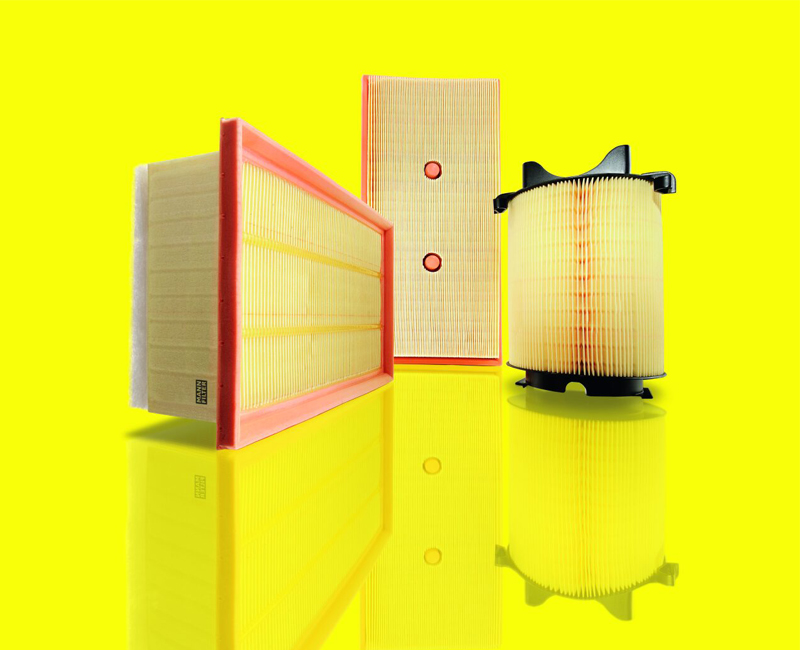
The media (or filter ‘paper’) is the main component of any filter but is perhaps what air filters are synonymous with as the media is so visible. The media is layered like a multi-layered spider’s web, with the layers blocking larger contaminant first, then slowly allowing smaller and smaller pieces deeper inside until all that is allowed through is the permitted size of ‘safe’ particles. As such, the age-old “just bang the filter out” or “blow it out with compressed air” does nothing or damages the filter completely (in the case of compressed air tearing the internal media apart).
This media must be engineered to a high quality, and with an original equipment specification brand such as Mann-filter, numerous criteria must be met and be specific for the engine manufacturer’s specification:
- Dirt holding capacity (filter life) – to last the entire service interval without failure or blockage.
- Filtration efficiency (fineness of filtration) – ensures all required particle sizes are captured and do not enter the engine.
- Flow rate (allowing sufficient air for the engine) – to allow correct function of the engine and associated components and sensors dependant on air flow.
- Hydrophobic – rain is inevitable; hence the filter needs to be able to repel water and not tear or deform.
- Flame retardant – certain filters (especially in commercial vehicles) need to be safe from burning (stray cigarettes into the air intake).
All of this inherent technology may not be visible on the humble air filter, but it is critical. So, next time you service a customer’s car – pay extra attention to the air filter. It’s an unsung hero amongst the filter family!




